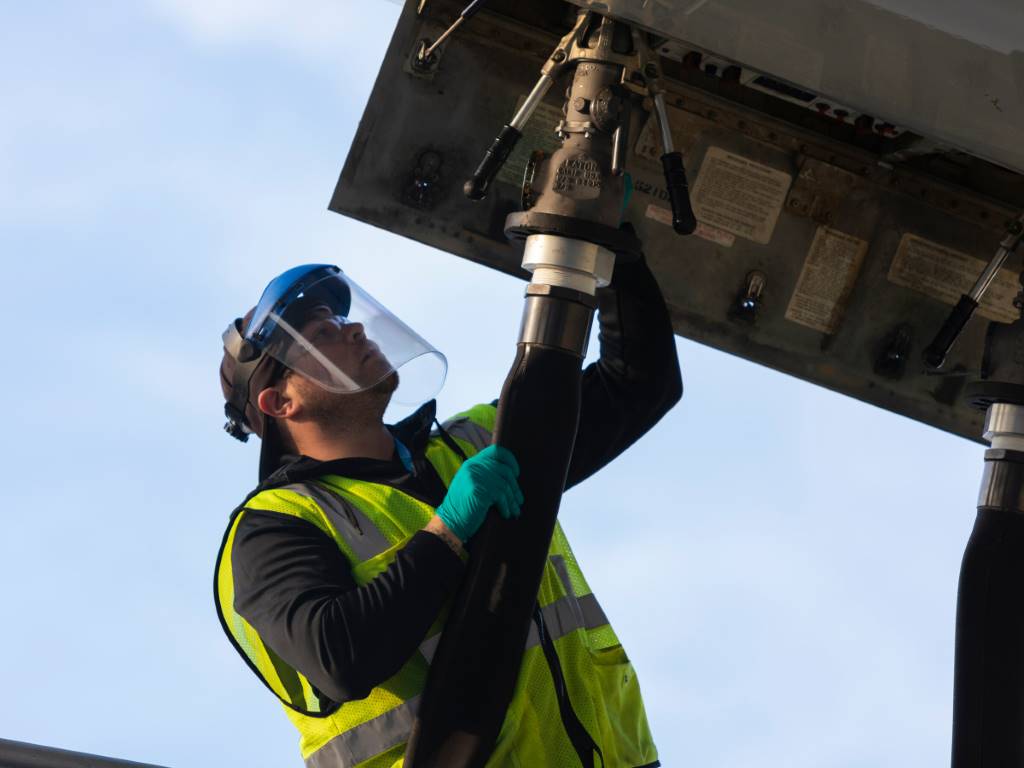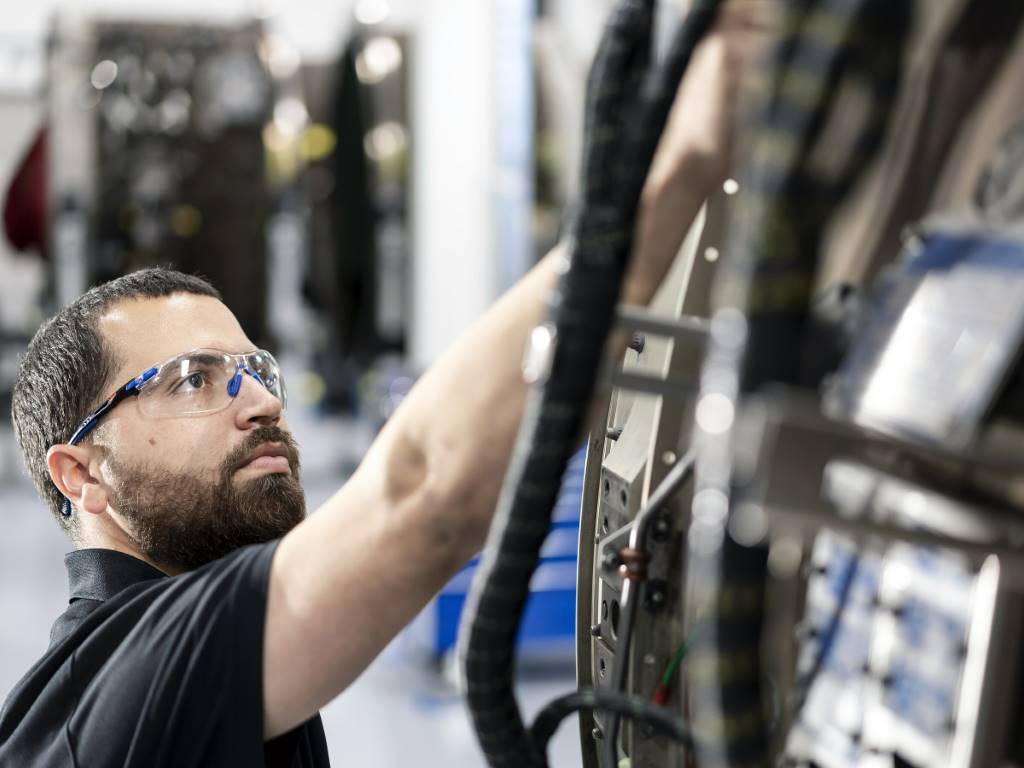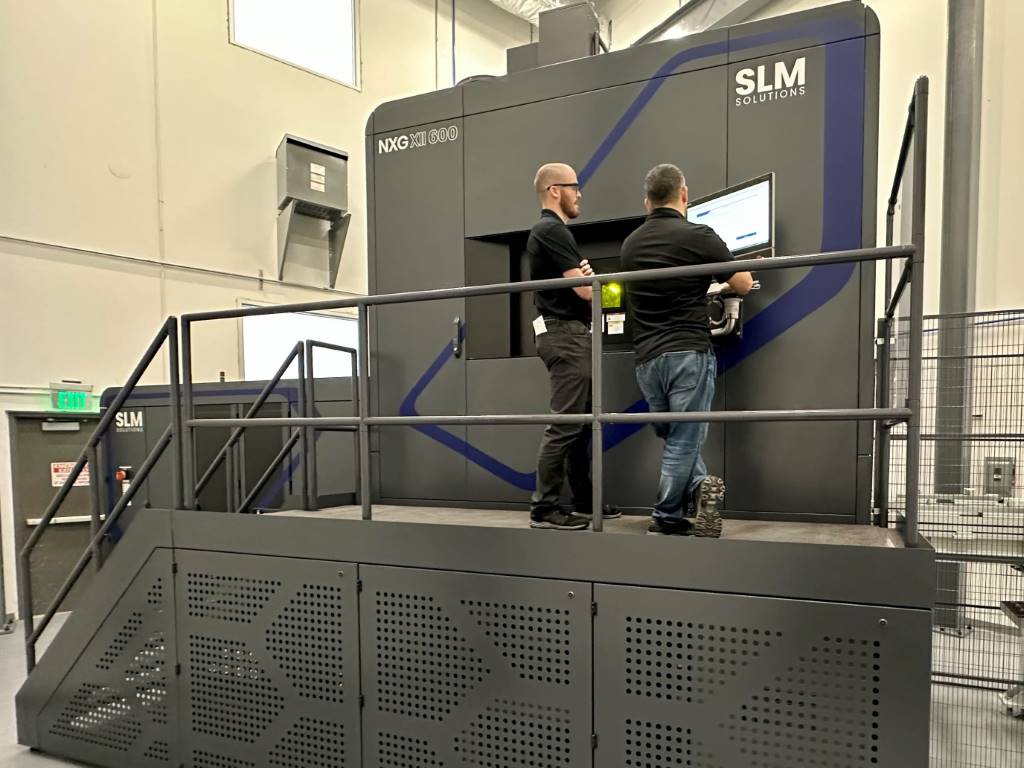HP and 3dbpm partnership reveal key additive manufacturing role

With 3D printing making an impact on the digitalisation of manufacturing and the disruption of industries, a new study by HP in partnership with 3dbpm Research found that additive manufacturing (AM) is playing a significant role in enabling this transition.
According to the study, which analysed key digital manufacturing trends among leading industrial parts manufacturers in Europe, 96% of respondents agreed that additive manufacturing helps them to get products to market faster, with 100% of respondents recognising the importance of increasingly digitising their production workflows with the ability to produce parts on demand as the biggest driver of this behaviour.
In addition, it was discovered that 63% of European parts manufacturers who took part in the survey will invest from €100,000 to over a million in digitalisation over the next 12 months, as the power of this agile ecosystem and technological capabilities are proving themselves in the most demanding of circumstances.
The HP AM Trends in EMEA Report dissects the motivations and investment strategies of manufacturers across five key European markets: France, Germany, Italy, Spain, Benelux and the UK. Led by 3dpbm, a sample of industrial parts manufacturers of varying sizes and across a broad range of specialisations were independently surveyed. The study examines how firms that have already implemented digital and additive manufacturing processes for the production of industrial parts, perceive the benefits of pursuing such a strategy, and to what extent they expect the macrotrend to continue to accelerate in the short and medium-term.
“A digital transformation of manufacturing is underway,” said Guyante Sanmartin, global head & general manager, HP 3D Printing Multi Jet Fusion Business. "The leading companies of the future will be those that harness the power of software, data, AI, and digital manufacturing to reinvent and personalise customer products and experiences. Great progress has been made over the last few years, with our HP Multi Jet Fusion technology delivering more than 60 million 3D printed parts since its inception. The need for this technology has increased exponentially over the last 15 months.”
Sustainable impact
The report indicated that sustainability has an influence on the decision to digitalise manufacturing workflows, with 61% of respondents agreeing that it is a relevant factor driver behind digitalisation. In addition, 91% noted that the ability to produce parts on demand was an important benefit, with a further 79% of those surveyed believing that additive manufacturing helps them deal with production challenges - such as the ability to adapt to fluctuating demand.
“The advanced capabilities of 3D printing are creating entirely new opportunities for disruption across industries and with a far more environmentally sustainable approach, which is a significant driver for manufacturers today,” said Dave Prezzano, managing director, UK&I, HP Inc. “For 50% of UK manufacturers, sustainability is a key factor in the decision to digitalise, who are recognising that 3D printing and its intrinsically flexible nature can empower a more circular economy.”
Digital transformation
The report reveals that additive manufacturing operates as a key opportunity in the digitalisation of industrial manufacturing processes, with digitalisation considered a necessity for the near entirety of manufacturing processes by a large majority of survey respondents (96%).
The use of additive manufacturing in industrial parts manufacturing was reported as key to producing more cost-effective components, as well as making better products at faster speeds. UK and German industrial parts manufacturers interviewed are planning the most significant investments in digitalisation and additive manufacturing, with 50% of British and 40% of German respondents saying they intend to spend more than €1 million over the next five years.
Other findings revealed that 83% of survey respondents use additive manufacturing for the actual production of components and tools to make commercial products, with half of them (52%) already making complete finished products which is the final frontier of addictive manufacturing.
Analysis of country-specific trends dominates the second half of the report, providing a clear picture of different approaches taken across key European markets. The report finds that, among all European survey respondents, British industrial parts manufacturers are the ones planning the most significant investments in digitalisation and additive manufacturing, with 50% saying they intend to spend more than €1m over the next five years.
Respondents in the UK also showed high confidence in growth of additive manufacturing in the medium-term future, with 100% expecting extreme growth. When it came to stating what they believed to be the main drivers behind digitalisation, British industrial parts manufacturers stated that on demand production (33%) and the ability to make parts that can’t be produced with traditional manufacturing processes (34%) were key. 50% also stated production flexibility as the main benefit of additive manufacturing.
"We mainly focus on low volume batch production of engineering parts and we produce as many as 750,000 parts per year,” says Nick Allen, managing director of 3DPRINTUK, one of the British industrial parts manufacturers that took part in the survey. “We've seen an average growth of 32% over the past few years and we are projecting 55% growth in 2021. The trend towards using additive manufacturing for production is ever-increasing: we have watched the industry evolve over the last 10 years. When we started, we were producing 90% prototypes but now we’re producing around 90% end-use parts. More and more companies are adopting additive into their products and I see no reason for that growth to slow. We, for one, have doubled our capacity over the past 12 months and are looking to further increase it over the coming 12 months.”
This report builds on the findings of HP’s Digital Manufacturing Trend Report published in October 2020, providing a more extensive analysis of key drivers, investment strategies and country specific trends within Europe.
Highlights of HP’s AM Trends in EMEA Report include:
UK
UK industrial parts manufacturers prepared for the largest investment in digitalisation and additive manufacturing
- British industrial parts manufacturers interviewed are planning the most significant investments in digitalisation and additive manufacturing, with 50% of British respondents saying they intend to spend more than €1m over the next five years and the total of them planning to invest between €500,000 and €1m
- British industrial parts manufacturers interviewed are accelerating the adoption of addictive manufacturing for final parts production with all the survey respondents (100%) expecting extreme growth of additive manufacturing in the near-to medium-term future
- 50% of British survey respondents said the key benefit of additive manufacturing is production flexibility (on-demand production, rapid spare parts manufacturing)
- Sustainability is an important factor behind the decision to digitalise for 50% of the British industrial parts manufacturers surveyed
European industrial parts manufacturers agree on urgent need for increased digitalisation
- 100% of respondents recognise the importance of increasingly digitalising their production workflows.
- 70% of respondents said that the primary driver for digitalising manufacturing workflows is the ability to produce parts on demand.
- 63% of respondents expect to spend more than €100,000 on digitalisation of their manufacturing workflows over the next 12-month period.
- 61% of respondents stated that sustainability is relevant or very relevant to increasingly digitalise their manufacturing workflows.
- Over 95% of respondents indicated that additive manufacturing is a relevant technology for digitalisation in their current manufacturing workflows.
- 91% of respondents said that they use additive manufacturing to make industrial tools (including jigs, fixtures, and moulds). These tools are used to produce more parts via non-additive processes. Other relevant types of parts include EOAT and automation system components.
- 52% of respondents use additive manufacturing for making complete finished products
- 96% of respondents say that additive manufacturing helps them get a product to market faster.
- 91% of respondents indicated that the ability to produce parts on demand is a key benefit of 3D printing.
- 79% of respondents said that additive manufacturing helped them deal with production challenges related to Covid-19.
- Over 95% of respondents expect the use of additive manufacturing to continue to grow.
- 83% of respondents are likely to invest in expanding their digital manufacturing capabilities in the next 12 months. For 65% of them, this investment will include additive manufacturing.
- 92% of respondents are likely to invest in expanding their digital manufacturing capabilities in the next five years. For 77% of them, this investment will include additive manufacturing.












